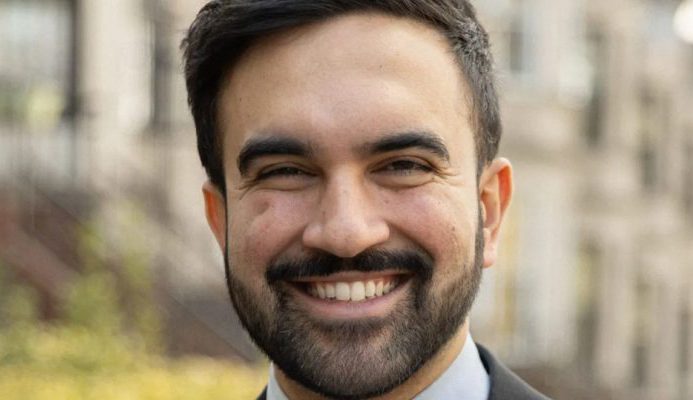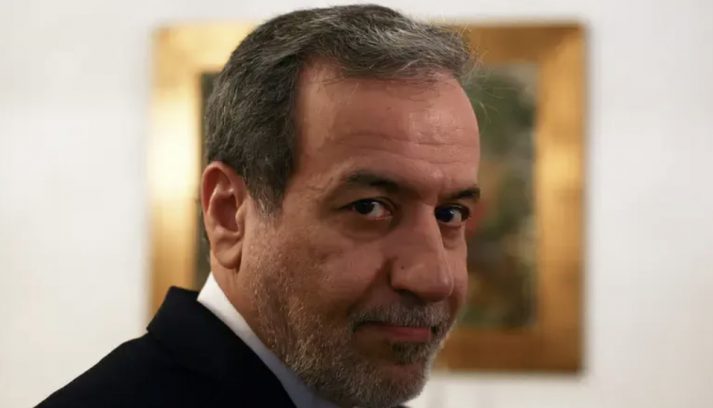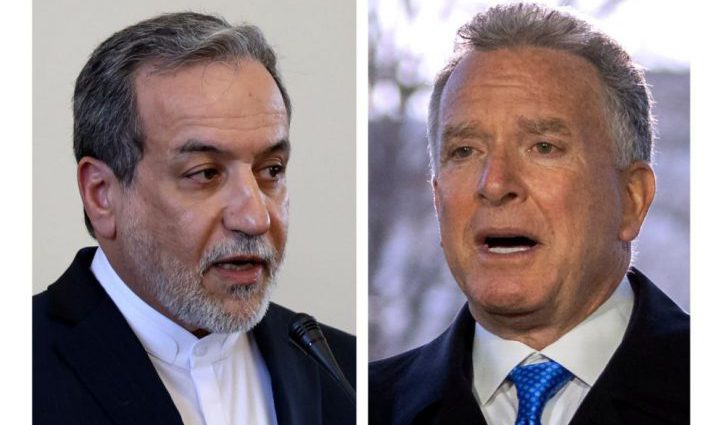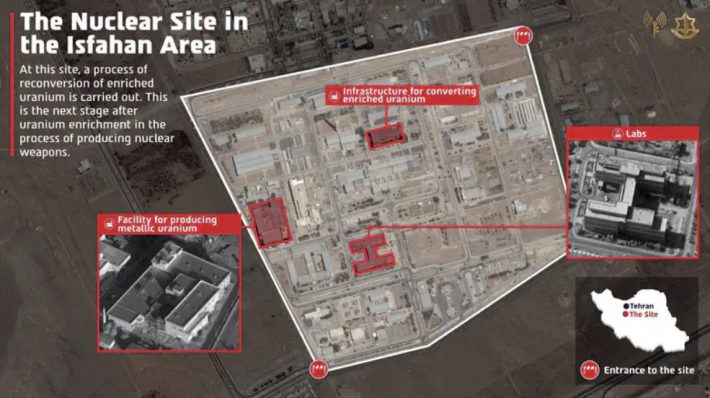Vice President JD Vance condemns New York candidate Zohran Mamdani for calling his Muslim aunt a “real victim” of 9/11 — reigniting debate over antisemitism, extremism, and the city’s political future.
The battle for New York City’s soul has taken a fiery turn. Vice President JD Vance blasted mayoral frontrunner Zohran Mamdani after the far-left candidate described his Muslim aunt as a “real victim” of the September 11 terrorist attacks, sparking nationwide outrage and reigniting debate over extremism and antisemitism in American politics.
Speaking at the Islamic Cultural Center of The Bronx, Mamdani — already under scrutiny for his pro-Palestinian activism and anti-Israel rhetoric — told a personal story about his hijab-wearing aunt who, he claimed, felt unsafe riding the subway after 9/11 due to Islamophobia. He then called her “a real victim of the attacks,” implying that American Muslims, rather than the thousands murdered by al-Qaeda, bore the brunt of the tragedy.
Vance, in a scathing social media post, condemned the comment as “offensive, tone-deaf, and disgraceful,” saying that it insulted the memory of the innocent men, women, and children killed by Islamist terrorists. “The real victims of 9/11,” Vance wrote, “were Americans who died that day — not those seeking to rewrite history to score political points.”
Mamdani doubled down, claiming his remarks were about “the broader struggle of Muslim Americans after 9/11” and pledging to “never hide his faith.” His response, however, only deepened the rift. Critics accused him of weaponizing identity politics to excuse Islamist extremism while ignoring the global threat posed by radical jihadism.
The controversy has rocked the New York mayoral race. Former Governor Andrew Cuomo and Republican Curtis Sliwa both condemned Mamdani’s “dangerous worldview,” pointing to his repeated defense of Hamas and his anti-Israel alliances. Jewish leaders warned that Mamdani’s rise represents a “normalization of antisemitism” in city politics.
Political analysts say the backlash could reshape the race. “This isn’t about faith — it’s about judgment,” said one campaign strategist. “New Yorkers want safety, not sympathy for extremists.”
If elected, Mamdani would become New York City’s first Muslim mayor — but his rhetoric, critics warn, could also make him its most divisive.
As early voting begins, the question hanging over America’s largest city is no longer just who will win — but what kind of New York voters want to live in: one that honors 9/11’s victims, or one that rewrites its meaning for political gain.





